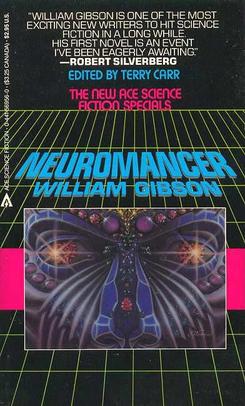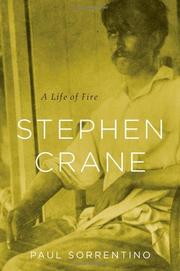 The Magic Mountain (1924) by Thomas Mann
The Magic Mountain (1924) by Thomas MannI know that I sound like a broken record when it comes to Thomas Mann, my Favorite Author Ever In The History of The World, but I'm telling begging pleading with you to read The Magic Mountain (the John E. Woods translation).
Mann, a winner of the Nobel Prize in Literature for 1929, is considered one of the most influential and brilliant writers of the 20th century, and not just in his native Germany. Not only that- Mann also stood up to fascism and Nazism, using his influence and popularity to try and persuade his fellow citizens and his readers beyond Germany to reject it as well.













